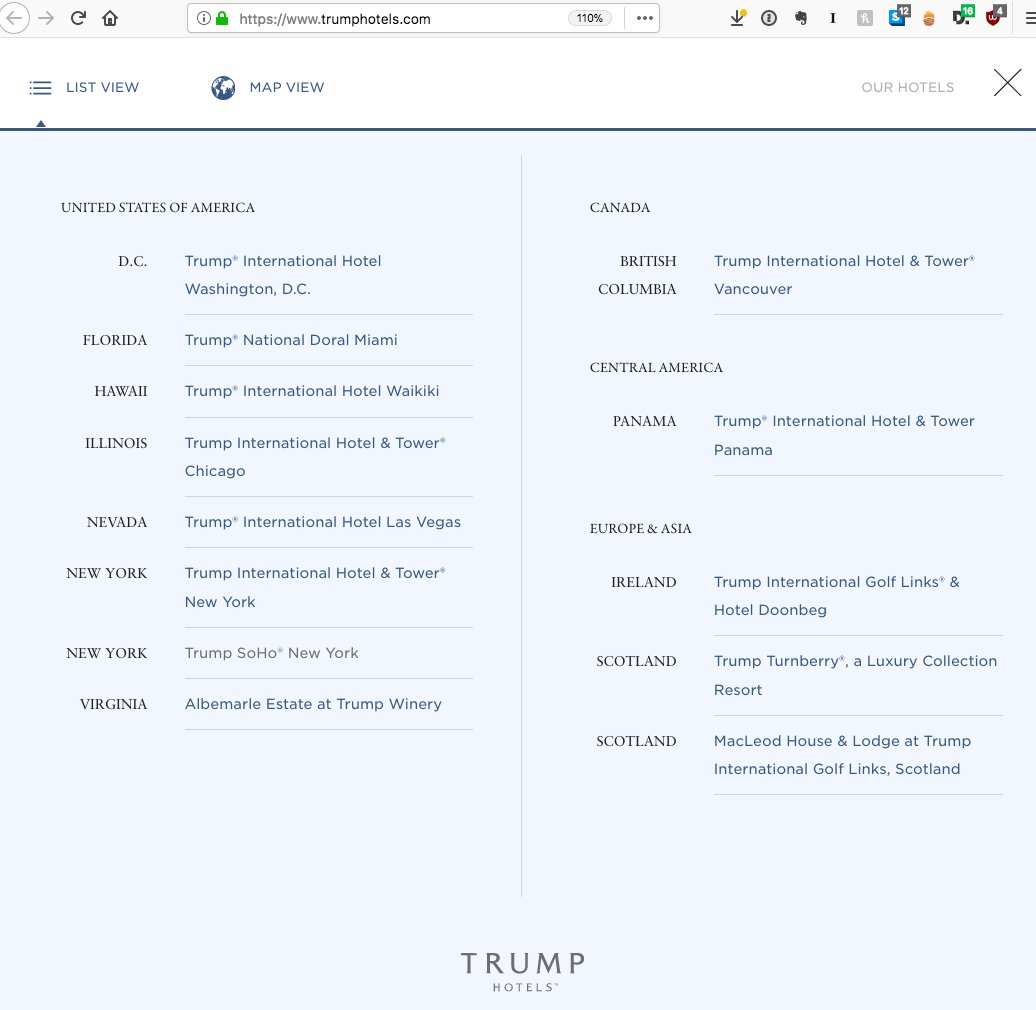Consider the honeycomb user maturity model:
1 -- instrument their code with beelines, so they gather the right data and bundle it correctly. Now they have real time access to prod as experienced by their users.
So we're done, right??
Get real-time email alerts when new unrolls are available from this author!
Twitter may remove this content at anytime, convert it as a PDF, save and print for later use!

1) Follow Thread Reader App on Twitter so you can easily mention us!
2) Go to a Twitter thread (series of Tweets by the same owner) and mention us with a keyword "unroll"
@threadreaderapp unroll
You can practice here first or read more on our help page!






